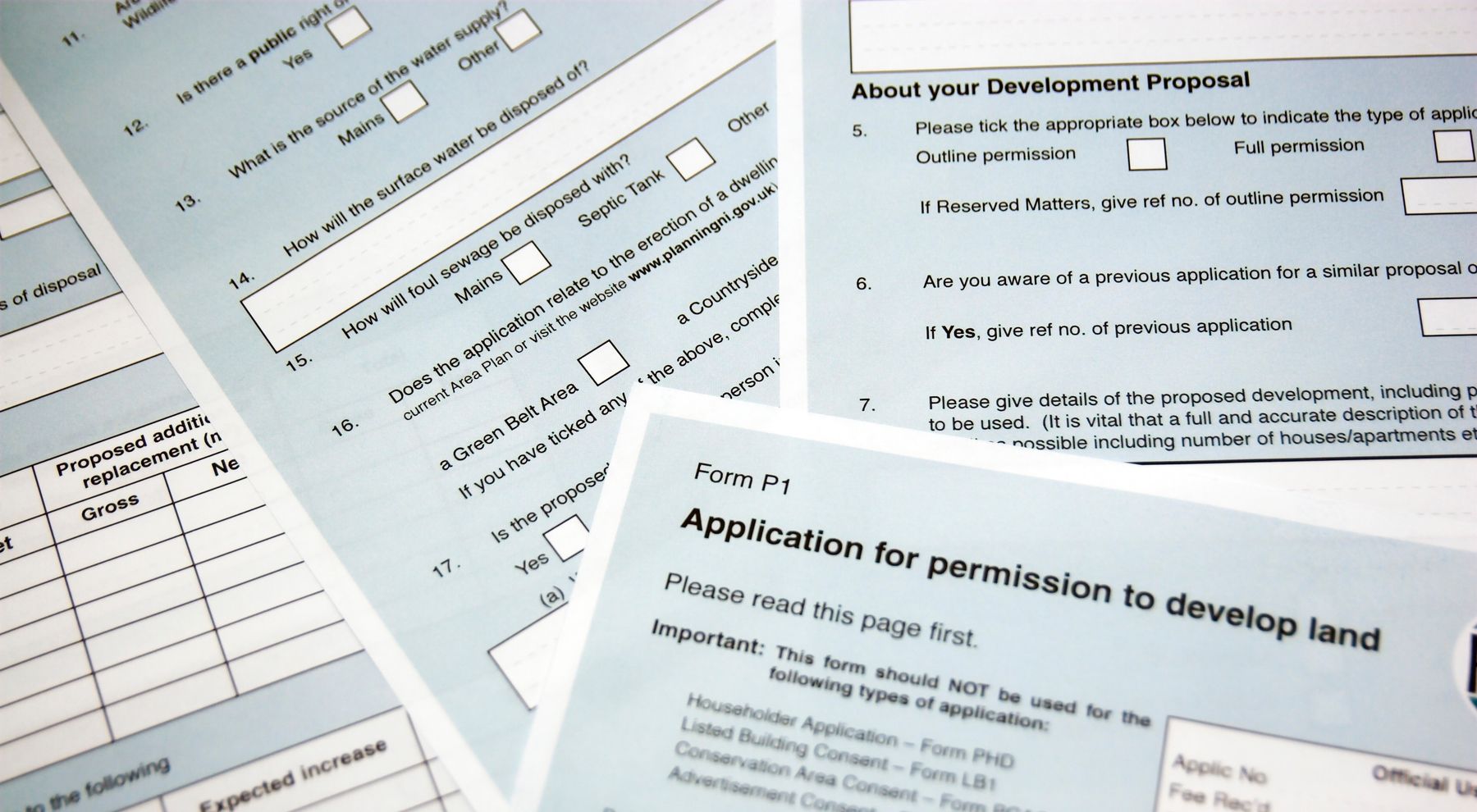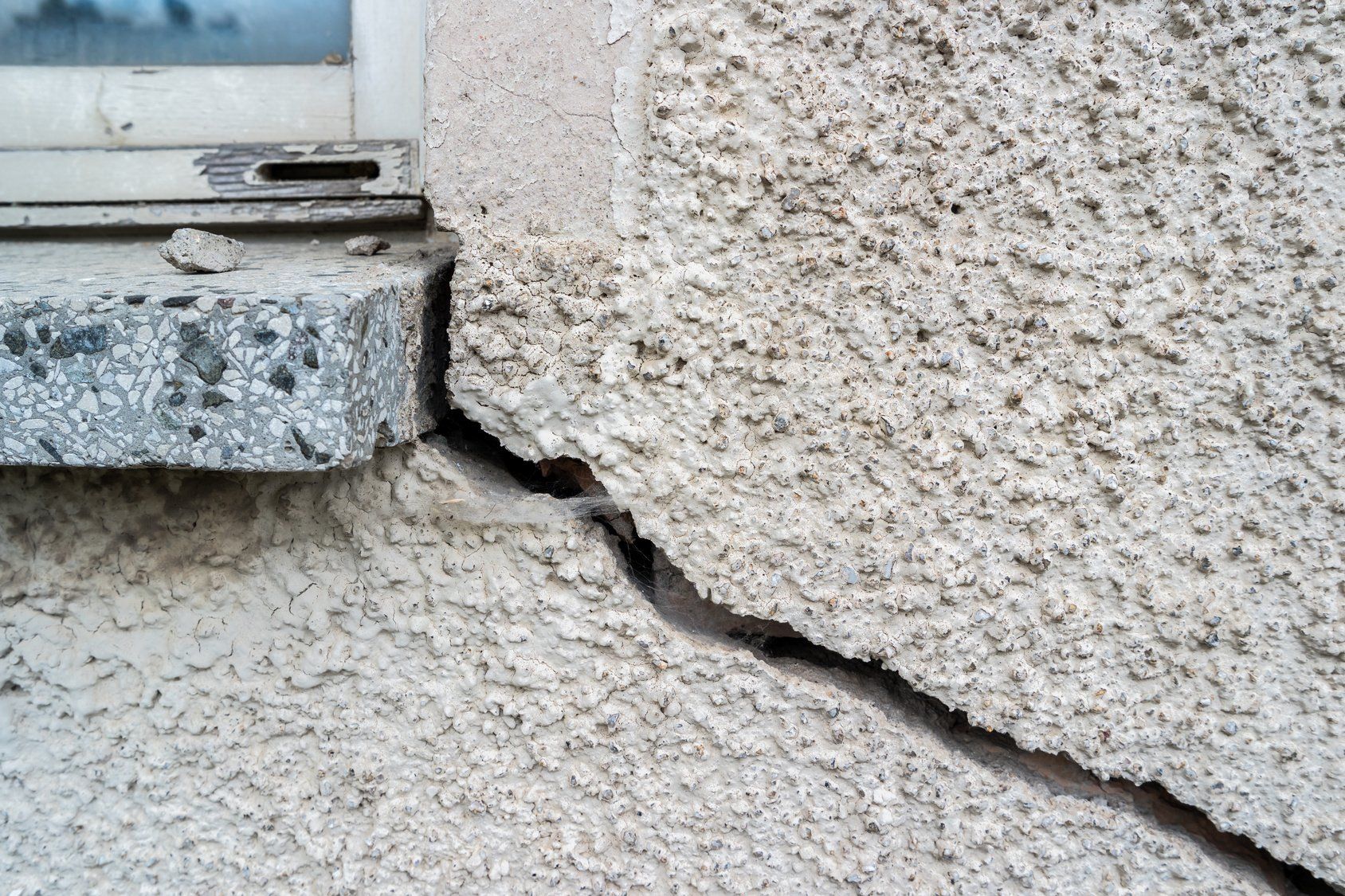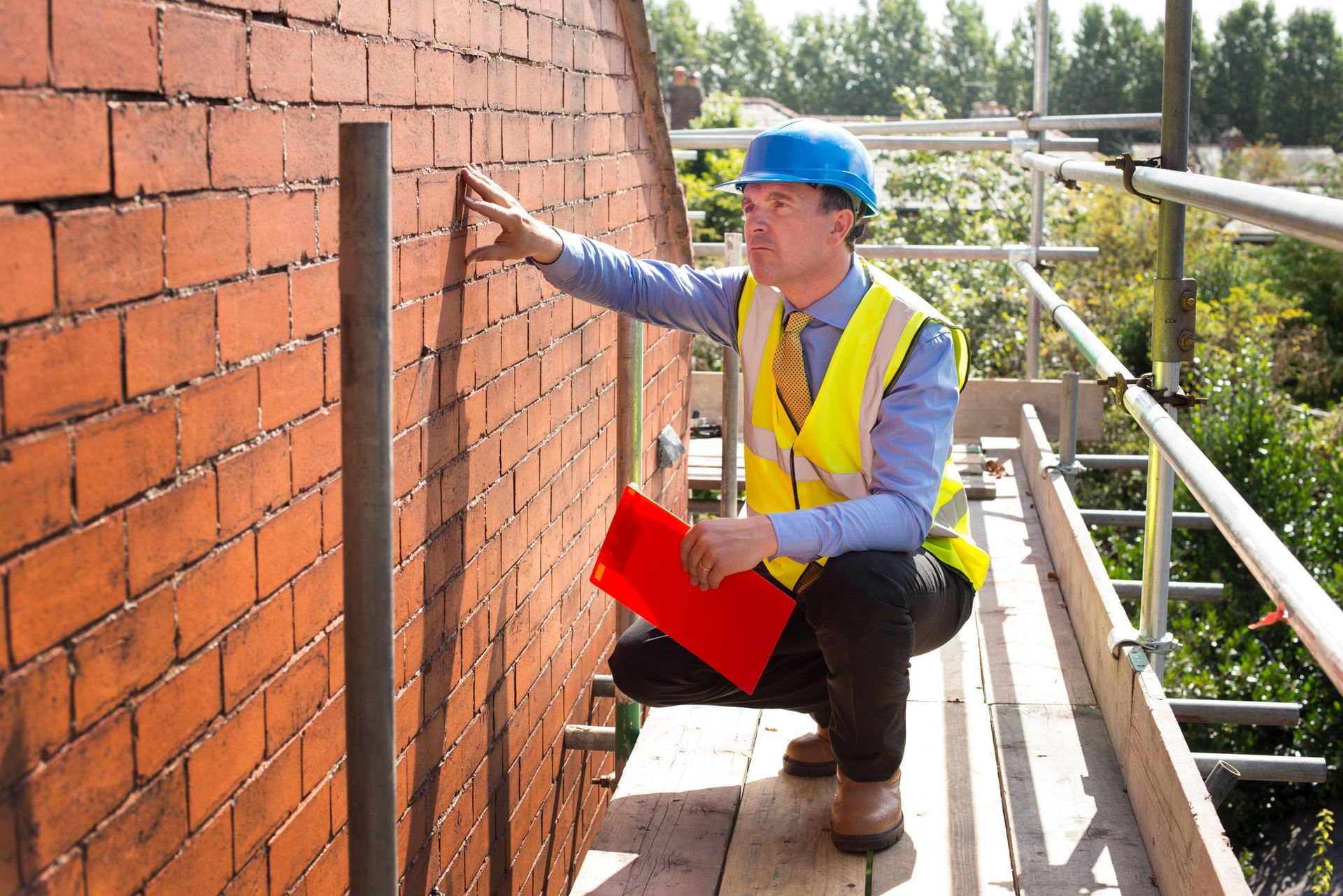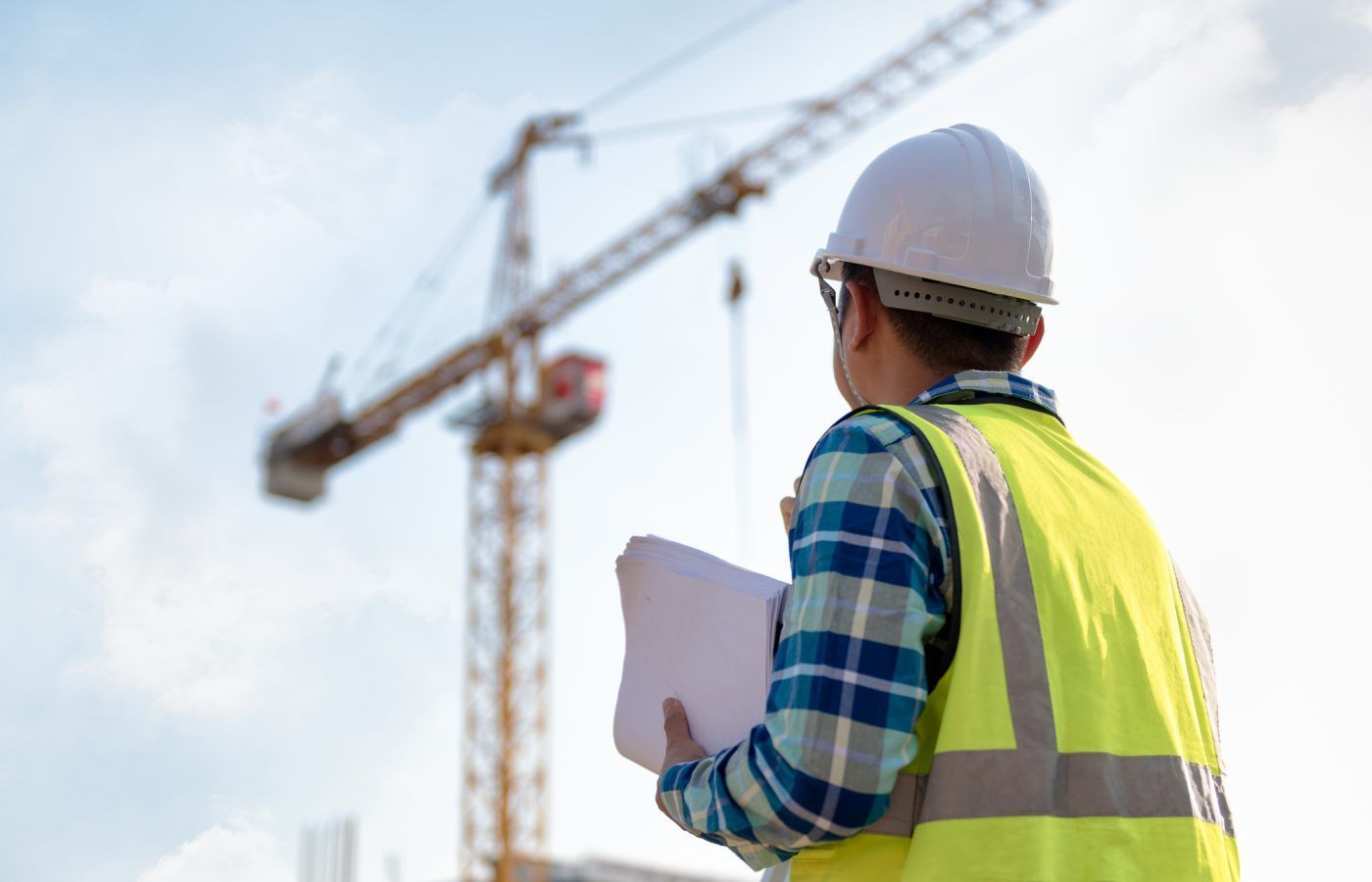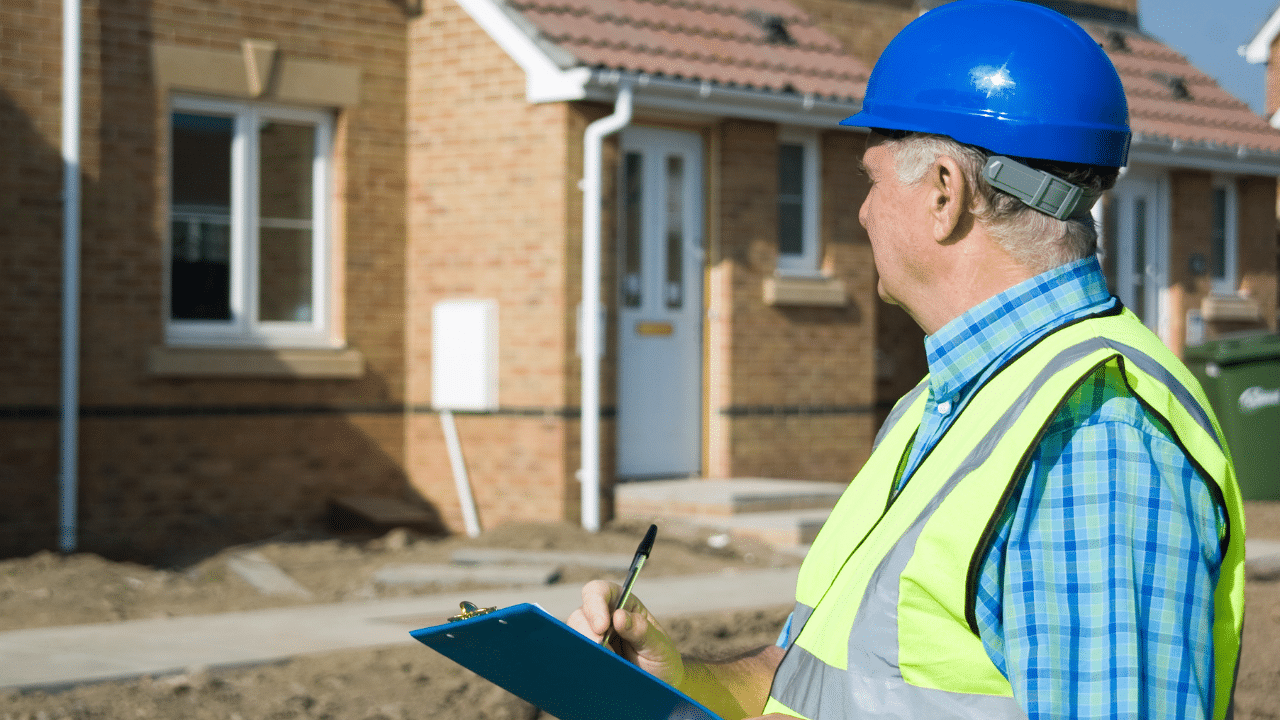Looking to Buy a Property? Here Are the Warning Signs to Look Out For
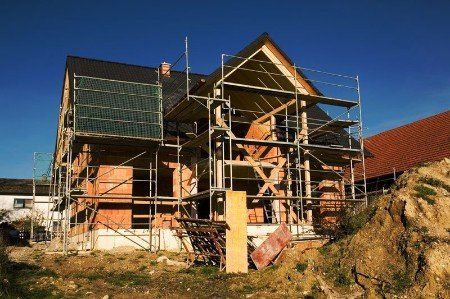
Property is likely to be the biggest investment you’ll make in a lifetime, so naturally you want to make sure that you’re getting a good deal. It can be devastating to invest a lot of hard earned time and money into a building, only to find out that it has serious structural issues or faulty wiring.
If you’re a first time buyer, then there may be some more subtle warning signs that you’re not aware of, but it’s important to know what to look out for. Fixing issues such as damp or problems with the foundation can be incredibly time consuming and expensive, so save yourself the hassle and learn which properties to avoid. With this in mind, if you’re about to start house hunting, see below for our guide to the warning signs to look out for.
Damp and mould are caused by excess moisture and this can come from several sources, including leaky pipes, rising damp in a basement or rainwater entering your property through cracks in windows and doors. Damp can cause serious structural damage if left untreated and it can also cause health issues for anyone living in the property.
It’s especially important to be aware of damp if you have respiratory problems, allergies or a condition like asthma, as damp can make these health problems much worse. The presence of damp or mould also suggests that the property isn’t well ventilated and this could mean that the problem will keep recurring. Signs of damp include:
●Water stains on walls, ceilings or floors
●Peeling paint or wallpaper
●Walls that are damp and cold to the touch
●A damp, musty smell
●Black mould or mildew on walls, ceilings or floors
●Excessive condensation on windows.
In some cases, the property owner may have tried to disguise signs of damp with a fresh lick of paint, so look carefully at the underside of cupboards and windowsills if you suspect that damp is present.
Cracks in the exterior of the property or dropped bays are often signs of progressive subsidence. This is a serious structural issue which means that the ground beneath the foundations of the property is giving way, and it will continue to do so unless the issue is fixed. Many potential buyers don’t want the expense or hassle of fixing such a significant issue and it can make it more difficult to obtain home insurance in some cases.
If possible, measure any external cracks, and if they’re over 10mm wide then it’s definitely wise to arrange a structural survey before you proceed any further. Other signs of subsidence include cracks in interior walls or ceilings, rippling of wallpaper (that isn’t caused by damp) and ‘sticking’ doors or window frames.
Uneven floors are usually caused by the settling or shifting of a property’s foundation and they can be another indication that there are serious structural issues with the property. Fixing an uneven floor can be costly and time consuming, as you’d have to rip up the existing floor, correct the support columns and find new flooring to match the original. In more extreme cases you may need work on the foundations themselves, which again, can use up a lot of time and money.
Uneven flooring is more common in older properties, but in some cases it’s actually not much to worry about. Some floors have had time to settle and are naturally slightly uneven, but if in doubt, ask the previous owners about the foundations and whether they’ve added any extra support.
The average lifespan of a boiler is around 10 to 15 years, so it’s worth asking how old the current boiler is in any property that you view. Boilers can be costly to replace and you should also look for any other warning signs like leaks or a faulty pressure relief valve.
You should also test the hot water by turning on each of the taps; note how long it takes for the water to heat up and make sure there’s a steady flow. A sputtering or thin stream indicates low water pressure, or if the taps take a long time to heat up then this could mean the house would struggle to warm up during winter.
If a property has had a high turnover of different owners, there’s usually a reason why. It’s often wise to be wary of a house that’s had several owners over the past few years (most people consider three years or less a short length of ownership). Perhaps there’s a nightmare neighbour that you haven’t been warned about, or recurring issues with damp or mould.
Whatever the reason, it’s worth investigating a property’s ownership history and finding out what you can before you commit. In some cases, there might be no issues with the property but it’s in a noisy area, or there aren’t any nearby schools for those who want to start a family. It’s important to get as full a picture as possible from previous owners, both in regards to the property and the local area.
Be wary of any property that has areas that are off limits, or rooms which the seller won’t let you see in much detail. It might sound obvious, but this usually means that there’s something to hide; from damp issues to faulty wiring or a room that’s just generally in a poor condition. You should also ask to view the basement or attic if possible, to make sure there aren’t signs of rising damp or a timber issue like dry rot.
Some owners will play music during a property viewing, and while this might seem like a way to create a homely atmosphere, it can be used to hide excessive noise. Make a note of how loud external noises like traffic or nearby businesses are when you’re viewing a property - is it something you think will bother you in the long run? Single glazed properties will be more prone to external noise, whereas double glazing provides better insulation to help keep noise at bay.
It’s also worth paying attention to how noise travels inside the property; is the footfall heavy when people are upstairs? Are there any creaky floorboards or doors that are prone to slamming? If you’re viewing a flat or attached property then it’s also worth asking about the neighbours and how noise travels; the last thing you want is to buy a property and then find out that you can hear every tiny noise from your neighbours.
Simon Levy Associates - Chartered Building Surveyors in Borehamwood, Watford and Greater London
If you need some professional help during the process of buying a property, get in touch with the experts at Simon Levy. We’re proud to offer full building surveys, conducted by our team of experts. With over 30 years’ experience in the industry, we know exactly what to look for and we’ll carry out a thorough survey of your potential future property before you commit to an investment.
Our structural surveys cover all internal and external areas, including an assessment of the building’s plumbing, boundary walls, windows and doors, external landscaping, roof and all accessible main walls. We’ll also thoroughly assess for any defects, such as damp, timber decay, poor thermal performance and any issues with fixtures and fittings. The results of our survey can help you make a fully informed decision and could potentially save you thousands in future repairs.
For more information about our structural surveys, or any of our other services including expert witnesses, insurance claims and building defect diagnosis, give us a call today or visit our website.